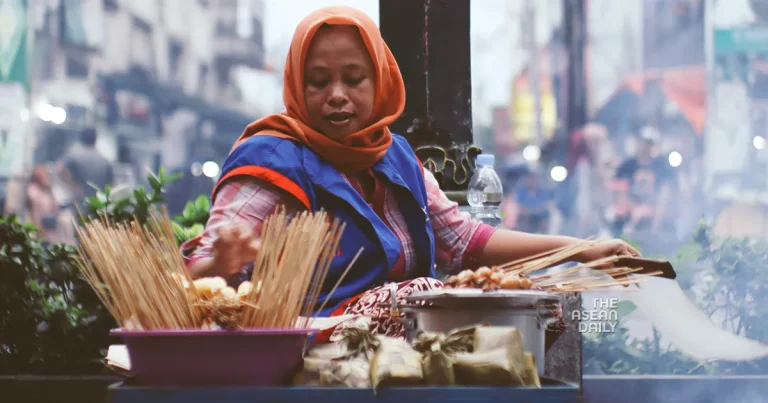26-9-2023 (JAKARTA) President Joko Widodo recently unveiled Indonesia’s long-term development plan stretching from 2025 to 2045. The overarching goal is to transform Indonesia into a “Golden Indonesia” with a strong global influence by the time it marks its century of independence in 2045. This vision represents a significant departure from previous strategies and underscores Jakarta’s growing ambitions on the international stage.
Indonesia has enjoyed considerable success leading major global and regional initiatives in recent years, like the G20 and ASEAN. As such, it is not surprising the nation now seeks to amplify its leadership and impact worldwide. However, truly cementing Indonesia as a leading power will require advancing beyond conventional thinking regarding defense and economics. A more comprehensive approach leveraging soft power will be integral to Jakarta’s strategic objectives over the coming decades.
While Indonesia ranks reasonably well in terms of overall Asian influence according to indices like the Lowy Institute’s Asia Power Index, there remain clear gaps holding the country back. Most notably, cultural influence and measures of military strength fall outside the top ten. Efforts to bolster defense capabilities are underway. But shaping global preferences through attractiveness of Indonesian values, culture, and policies has yet to be prioritized with the same vigor.
Soft power refers to non-coercive forms of influence generated by cultural and ideological appeal. Neighboring nations like Thailand have taken strategic steps leveraging soft power which Indonesia can learn from. For example, through gastro-diplomacy initiatives promoting Thai cuisine globally, Thai restaurants abroad increased fivefold in less than two decades. This in turn boosted agricultural exports and tourism revenue. Mainstreaming soft power requires a paradigm shift recognizing natural and cultural assets, rather than sheer population or resources, as Indonesia’s primary influence endowments.
Some initial steps have been taken, such as the “Indonesia Spice Up The World” program. However, dedicated long-term policy, inter-agency coordination, and oversight will be essential to avoid piecemeal initiatives mired in red tape or sectoral politics as usual. A comprehensive culinary diplomacy framework could help amplify ongoing grassroots efforts by Indonesian communities overseas promoting local tempeh and other dishes internationally. Incentives structuring the expanding global Indonesian diaspora similarly showcasing heritage can lift the country’s image powerfully.
Meanwhile, extensive policy reforms are needed to leverage Indonesia’s immense human capital for soft power projection too. Human development strategies should factor in an increasingly interconnected world, where Indonesian students and researchers studying abroad become influential global ambassadors and opportunity conduits back home. Ensuring quality education accessible for all remains vital of course, but outward internationalization must now complement inward priorities.
Achieving Indonesia’s “Golden” destiny will demand visionary leaders crafting holistic policies viewing nature, culture and talent – not just geography or demographics – as preeminent influence assets. Lessons from neighbors show geostrategic potential multiplied through soft appeal. Mainstreaming soft power cogently requires transcending conventional paradigms concentrating defense or resource nationalistic tropes alone. Bold moves incorporating civil society, overseas communities and a reformed knowledge ecosystem can help Indonesia fulfill its grand strategic ambitions as a leading light across Asia Pacific by century’s end.




